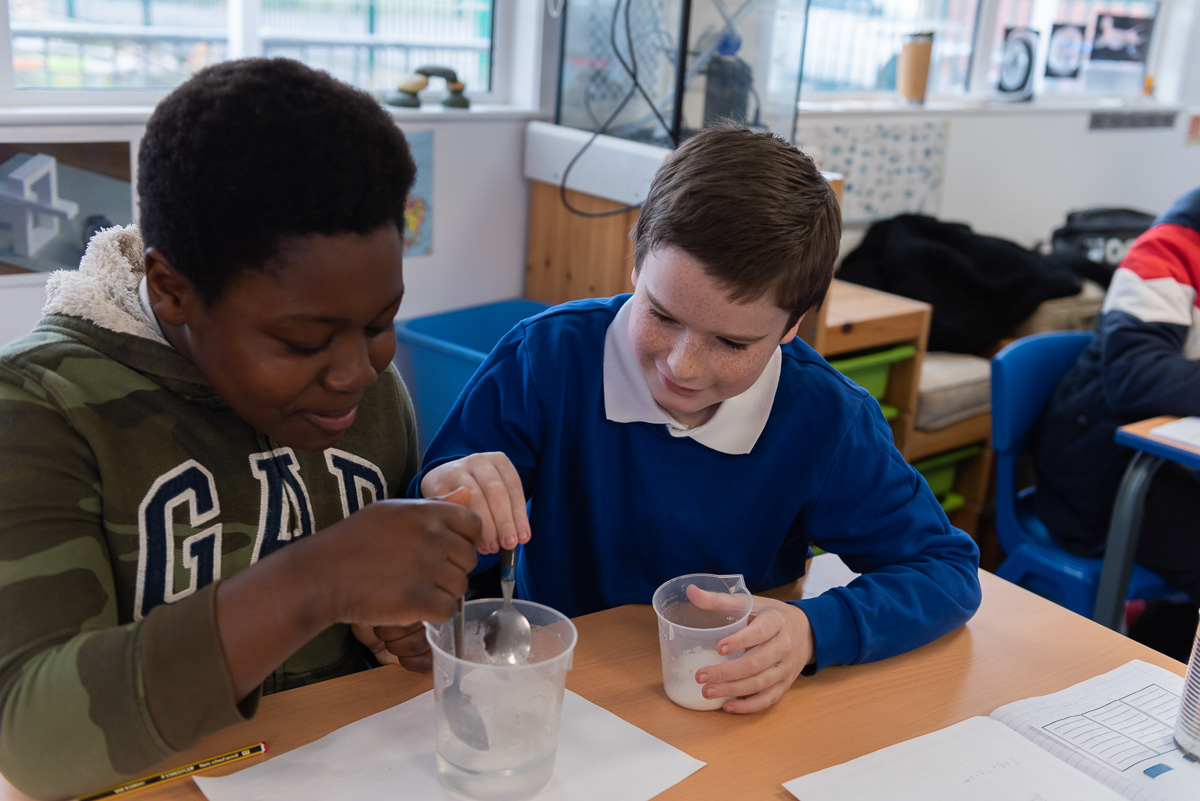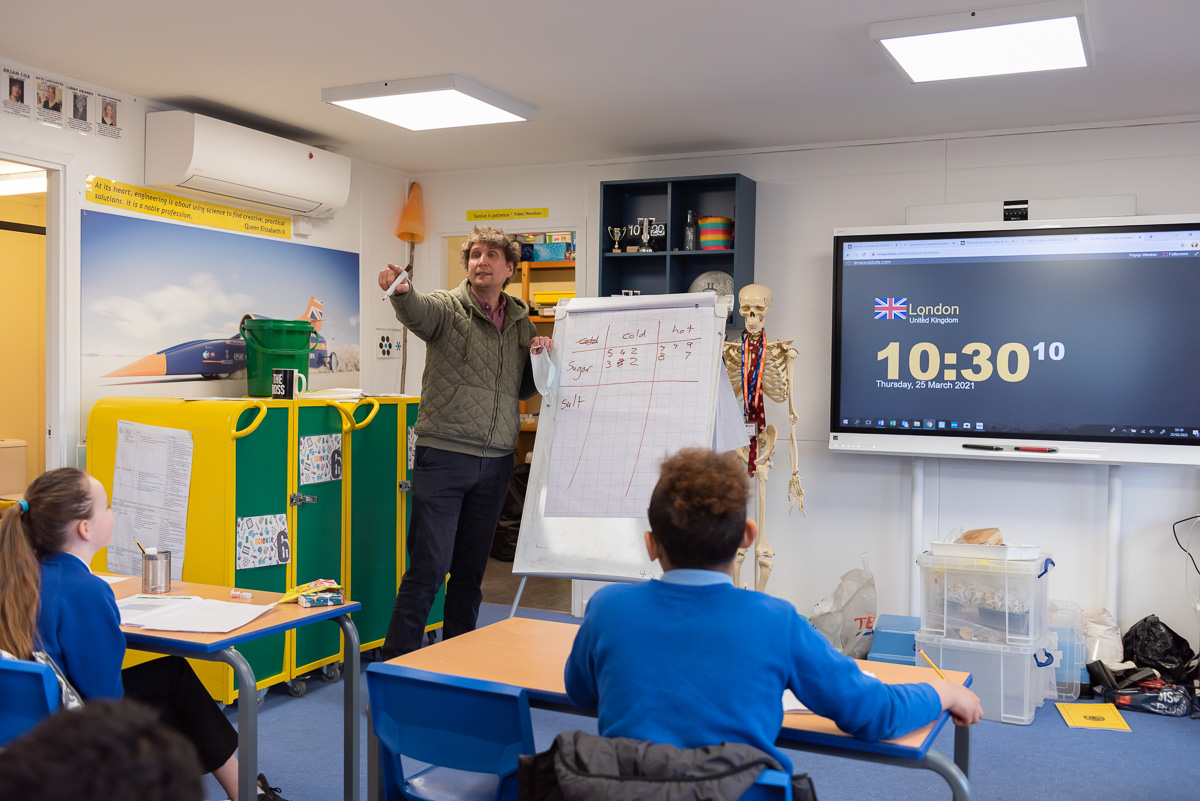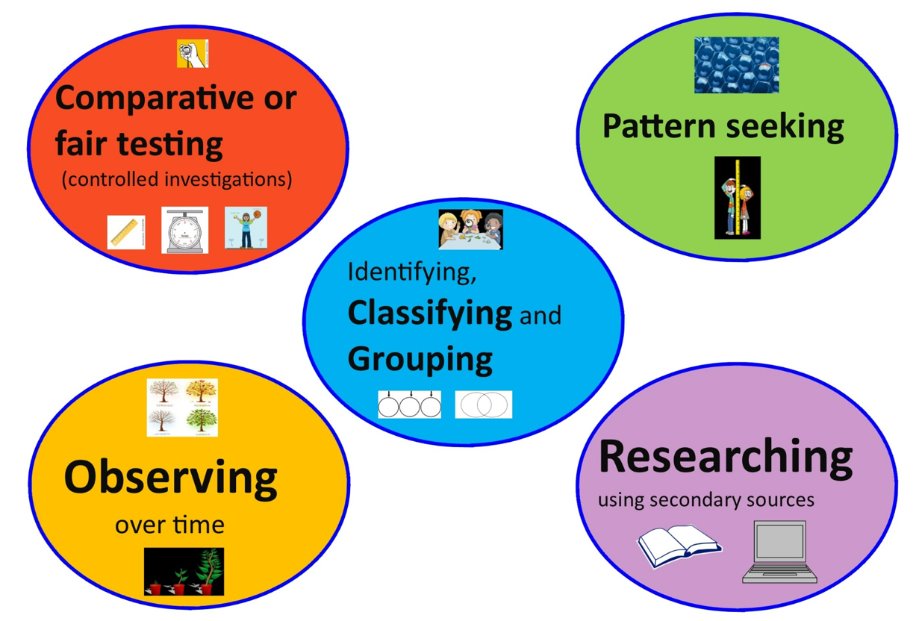

Intent
At Whitley Park, we believe that Science should inspire curiosity, nurture a sense of wonder, and empower children to explore the world around them with confidence and enthusiasm.
We aim to provide a rich, engaging and hands-on science curriculum that equips our children with the knowledge, skills, and attitudes they need to think scientifically and ask meaningful questions. Our goal is to ensure all children develop a secure understanding of key scientific concepts and processes across biology, chemistry, and physics, while also learning how science relates to their everyday lives.
Children are taught to observe carefully, investigate systematically, and explain their findings clearly using scientific vocabulary. We encourage them to explore, experiment, and draw conclusions from evidence – developing critical thinking and resilience along the way.
We want our curriculum to enable children to:
- Be curious and inquisitive about natural phenomena.
- Ask thoughtful questions and pursue answers through investigation.
- Build knowledge over time, making meaningful connections across topics.
- Understand the impact of science on the world, both historically and in the modern day.
- Value the role of science in solving real-world problems and shaping a sustainable future.
This is important to us at Whitley Park because we believe that science empowers children to become independent learners, responsible citizens, and informed thinkers. By developing their scientific understanding and inquiry skills, we are helping them prepare for a rapidly changing world.
Our aim is for every child to leave Whitley Park with a strong foundation in science, a lasting curiosity about the world, and the confidence to pursue further scientific learning in the future.
At Whitley Park, we implement a carefully sequenced and knowledge-rich science curriculum that enables all children to develop a deep understanding of scientific concepts, vocabulary, and enquiry skills over time. Our teaching is underpinned by high expectations, inclusive practice, and a commitment to fostering curiosity and independent thinking.
Implementation
How we teach science
Science is taught weekly across all year groups in discreet lessons that build progressively on prior knowledge and skills. Teachers use a clear progression framework to ensure learning is cumulative, revisited regularly, and appropriately challenging for all learners.
We follow the National Curriculum for Science and ensure coverage of the three key disciplines:
- Biology – the study of living things, animals, plants, humans and habitats.
- Chemistry – the study of materials, their properties and how they change.
- Physics – the study of forces, energy, light, sound and the Earth in space.
In addition, we place a strong emphasis on:
- Scientific Enquiry – children learn how to work scientifically by asking questions, observing, predicting, experimenting, recording data, and drawing conclusions.
- Classification and Comparison – children are taught to sort, group, compare and classify materials, living things, and processes.
- Using Scientific Vocabulary – key vocabulary is taught explicitly and reinforced across lessons to develop confident and accurate communication of ideas.
We use these themes to support the teaching of the science curriculum and our classroom displays explicitly link these themes together across a unit, supporting children in understanding the skills they are learning and why they are important.

How we bring science to life
We believe science should be practical, engaging, and connected to the real world. To support this:
- Lessons are enriched with hands-on investigations and opportunities to explore, observe, and test.
- Teachers use high-quality resources, video clips, models, and real-life examples to bring abstract concepts to life.
- Cross-curricular links, particularly with English, maths, geography and computing, are made where appropriate to deepen understanding.
- Educational visits, workshops and visitors (e.g. STEM ambassadors, science shows) enhance learning and raise aspirations.
- Outdoor learning is used whenever possible to explore habitats, seasonal change, and environmental science.
How we ensure progression and impact
Science is carefully planned and sequenced across year groups so that children revisit key concepts, deepen their understanding, and make links between topics. We use knowledge organisers, retrieval practice, and targeted questioning to check for understanding and support long-term memory.
Assessment is ongoing and used to inform planning, address misconceptions, and ensure all pupils make progress. Children’s understanding is assessed through:
- Discussion and questioning
- Practical investigations
- Written work in science books
- Reflection tasks
